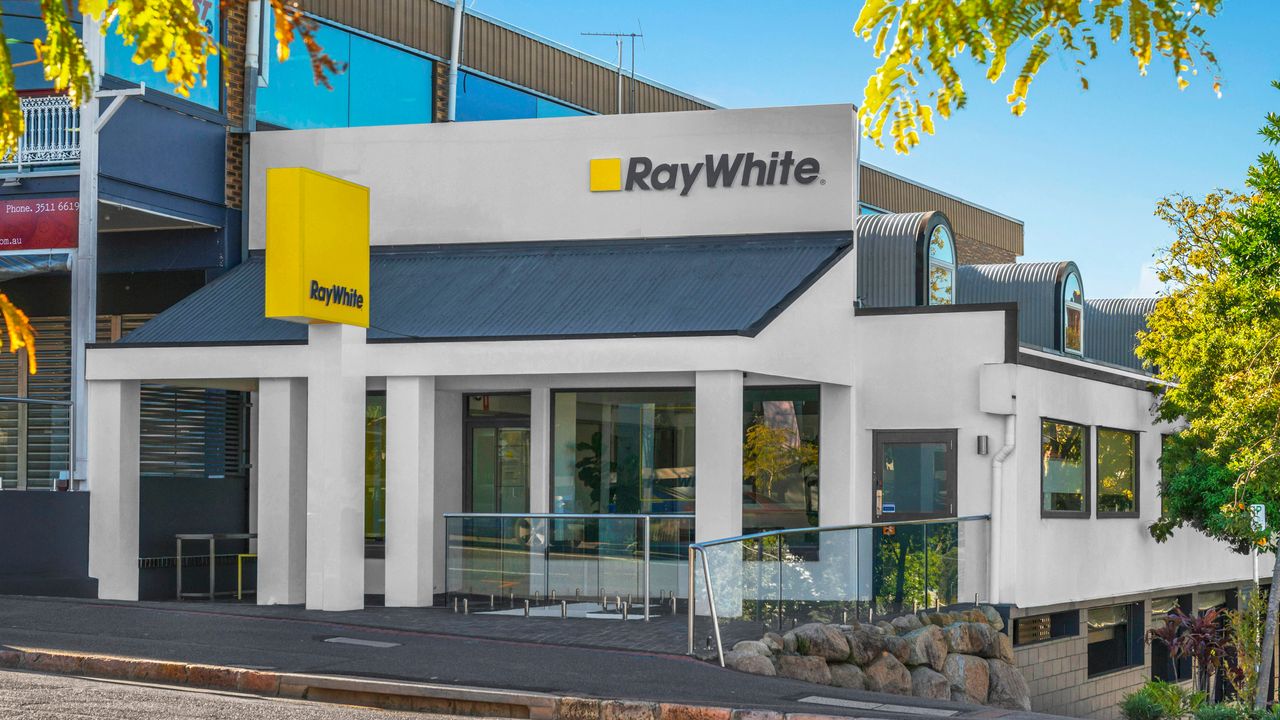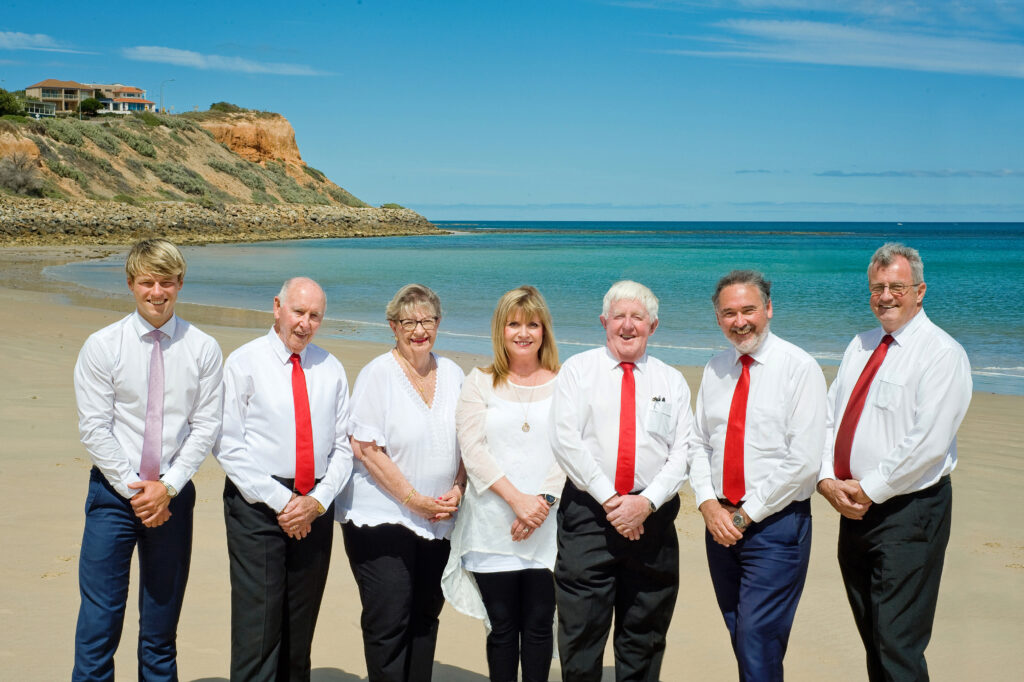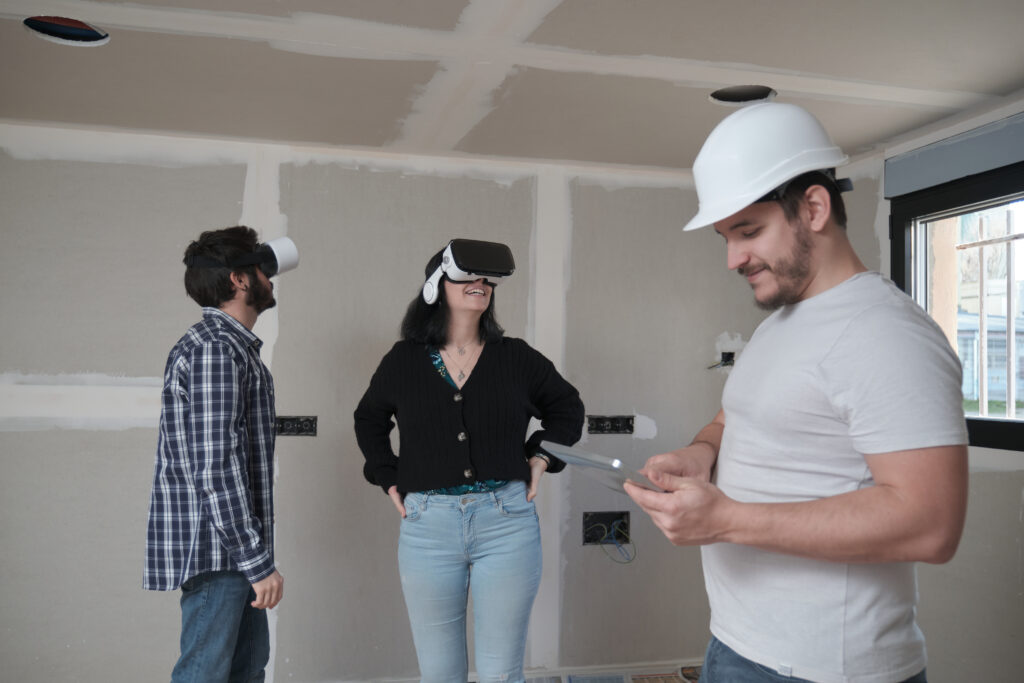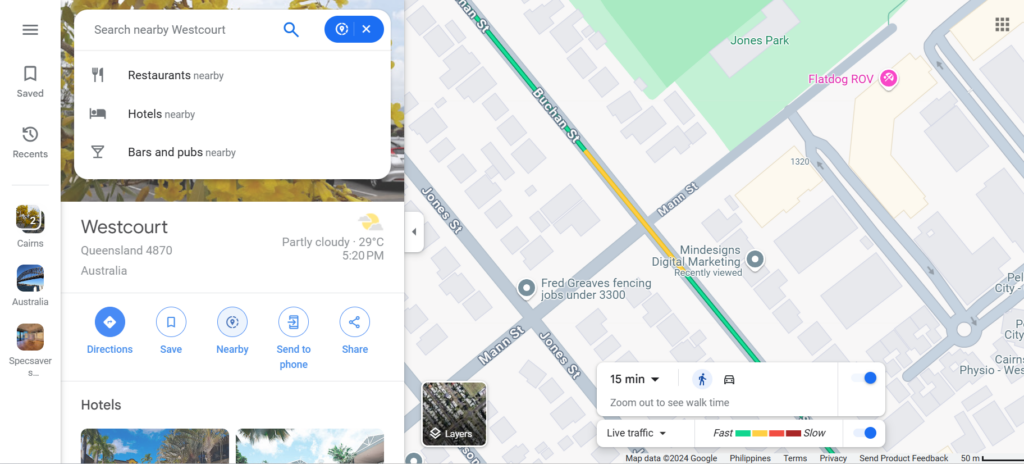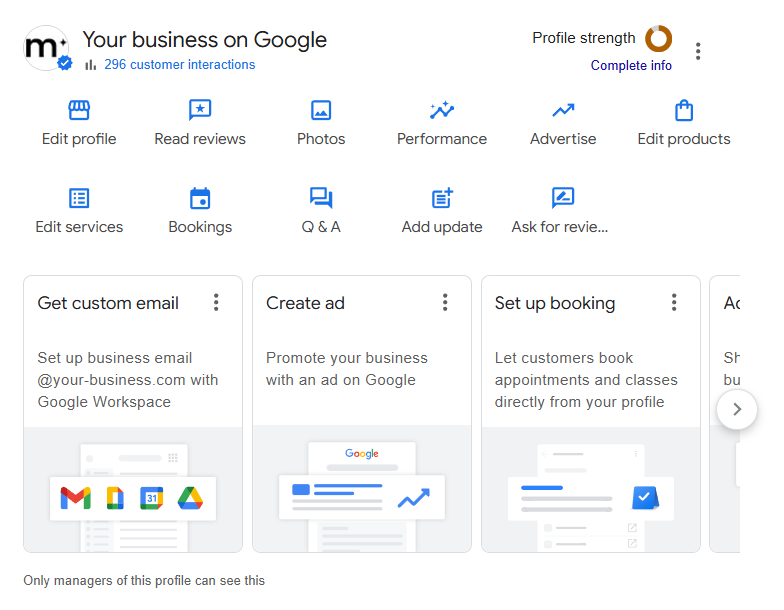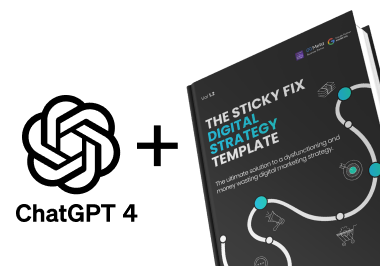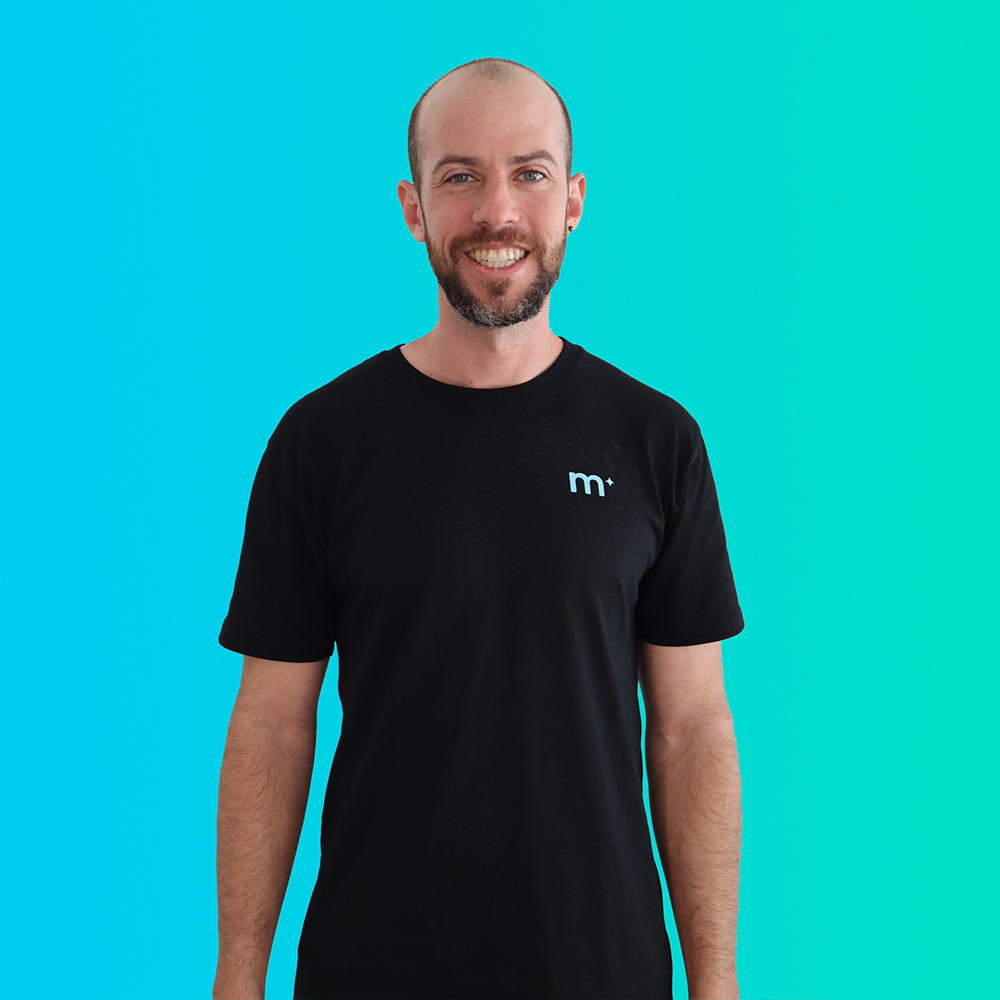Cracking the Real Estate Industry Marketing Blueprint
The real estate industry is highly competitive, with significant financial stakes for all parties involved, which means success requires more than simply adding property listings and waiting for results. To succeed, you need an edge and a solid marketing strategy.
While well-known real estate marketing strategies like posters, mail drops, billboards, and tarpaulins can still work, if you want to get competitive, you need to learn to utilise new tactics. Let’s say there is a good reason many real estate agencies leverage social media, and as opposed to the trend, they are doubling down on SEO marketing.
Before You Start Lead Generation Online, Do This:
When crafting your marketing strategy, shift your focus from simply promoting a service to weaving a compelling narrative around your ideal customer. Your customer is the protagonist in this story, and you are his trusted guide. Ultimately, he is trusting you to help make better decisions about their property and financial plans.
Step 1 – Make sure your brand has a story, not just a service
The challenge: Your customer is overwhelmed by the process of selling their home. They’re unsure of where to start, how to price it right, or how to navigate the complex negotiation phase.
The solution: You, the expert, are their guide. You offer a seamless home-selling experience. The benefit is that they can sell their house for more and stress less about the process.
Real Estate agencies that nail their brand story thrive!
Niche down and demonstrate local expertise and brand authenticity. Rather than casting a wide net, try to focus on a specific target audience. Are you catering to high-end luxury homes, mid-range family homes, or budget-friendly properties? Make sure you communicate these clearly, not broadly.
By niching down, you can tailor your brand story and marketing efforts to resonate with a specific demographic. Because they do not all have the same “trusted guide”. Additionally, highlighting your local expertise and previous results can help you establish credibility, which matters more in this industry.
Step 2 – Make your website your digital showroom
Your website is often the first impression a potential client has of your business. Therefore, It’s crucial to make it count and get it right.
Create a professional website. A clean, well-organised design, clear messaging, and fast loading times are crucial for generating more sales. After all, many times, your website can influence the decision of someone contacting you or not, so make sure it counts.
While a visually appealing website is essential, effective copywriting trumps design. The message you convey is paramount. Use strong, persuasive language to convey your message and entice potential clients.
Let your satisfied clients do the talking. Social proof is a psychological phenomenon where people rely on the opinions and behaviours of others to inform their own decisions. By incorporating testimonials, case studies, and social media engagement on your website, you can leverage this principle to build credibility and trust with potential clients.
Share success stories. This will inspire potential clients and demonstrate your ability to deliver exceptional results. You can position yourself as a thought leader in your industry by highlighting before-and-after transformations, detailing client journeys, and providing valuable information on how you impacted your customers. These stories can help potential clients envision the positive impact you can have on their own real estate goals.
Step 3 – Use quality images for real estate listings
Invest in professional photography and videography. High-quality visuals are essential for making a lasting impression. Professional photography and videography can showcase a property’s best features and create an immersive experience for potential buyers.
Pair your stunning visuals with compelling copy. Use words that evoke emotion and paint a picture of the ideal lifestyle. You can incorporate descriptors like “boutique,” “spacious,” “well-ventilated,” and “modern” to elevate your listings. Descriptive complementary words that align with the buyer’s values have power! What sounds better – “Spacious and Private 3 Bedroom Home for Sale” or “3 Bedroom Home for Sale”, casing point?
Highlight proximity to parks, cafes, and other amenities that can enhance a buyer’s daily life. For instance, instead of simply stating “near a park,” describe how residents can enjoy leisurely strolls or picnics with family and friends.
Offer virtual tours, the game-changers in the real estate industry. Virtual tours allow remote buyers to explore properties from anywhere in the world, saving time and effort for both parties. By offering virtual tours, you can attract a wider audience and increase your chances of a quick sale.
Out-of-the-Box Online Lead Generation Real Estate Strategies
Exploring innovative marketing can give your real estate business a competitive edge. Here are some strategies to consider:
1. Leverage Google Maps to attract clients
Google Maps has become a goldmine for real estate agents, with up to 20% of leads originating from this platform. To maximise your visibility on Google Maps, focus on optimising your Google My Business (GMB) listing. Google prioritises three key factors: business name, website authority, and reviews.
Regularly update your website with fresh, high-quality content to boost its authority and encourage satisfied clients to leave positive reviews on your GMB listing. This way, you can significantly increase your chances of appearing at the top of Google Maps search results.
2. Create a lead magnet
Consider creating a valuable lead magnet. This could be offered in the form of a comprehensive guide to local property updates, online tools, or any other exclusive information that you can create. By offering something of value, you can attract potential clients and encourage them to share their contact details, which you can use to target them later on.
Once you’ve captured potential leads, nurture them through email marketing or calling them. Personalise your emails to individual preferences and needs, highlighting relevant content such as new listings, market trends, and investment opportunities. Remember to use strong calls to action in your messaging to encourage engagement and drive conversions.
3. Find cheap local marketing solutions
Billboard advertising, while a traditional method, can still be a cost-effective way to reach a local audience. With less competition in the billboard market, you can often negotiate favourable rates and secure prime locations. Never fear asking for a discount when it comes to billboard advertising.
Radio advertising, especially on regional stations, offers a relatively affordable way to target a specific demographic. By airing your ads during peak listening times, you can capture the attention of potential clients. This strategy has been proven to work but is harder to track, very much like billboard marketing.
Letterbox drops also offer a tangible way to connect with your local community. By delivering informative flyers or brochures directly to potential clients’ homes, you can increase brand visibility and generate interest in your real estate services. A creative letterbox drop can spark curiosity, encourage website visits, and even lead to valuable inquiries.
4. Become a Local expert on Social Media
Some real estate brands thrive on social media. It has the power to turn a real estate agency into the ultimate choice and a trusted authority. Agencies like The Agency in Sydney or Barry Plant in Melbourne excel by providing hyper-local insights, such as showcasing neighbourhood highlights, featuring local businesses, and sharing community events. These posts position them as more than just property sellers—they become integral to the local lifestyle.
In addition, successful agencies actively engage with their audience by answering questions in comments, running live Q&A sessions about the property market, or providing tips for buyers and sellers through reels and stories. For instance, Ray White uses Instagram reels to creatively highlight the unique features of a property, accompanied by engaging music and text overlays, drawing more interest from viewers.
Another strategy employed by agencies like LJ Hooker includes hosting contests or giveaways for followers, such as offering a free property valuation, which encourages participation while building brand awareness.
5. Capture online leads using SEO and Google Ads
By mastering local SEO strategies, real estate agencies can position themselves as go-to experts in their area and significantly boost their online visibility. To ensure your website appears prominently in search results, start by optimising on-page elements such as your content, meta descriptions, header tags, and image alt texts with hyper-local keywords.
Focus on terms that reflect how potential clients search for your services, like “top real estate agent in Brisbane” or “sell my house in Sydney.” Tools like Google’s Keyword Planner or Ahrefs can help identify high-impact search terms in your area, ensuring your content aligns with local search intent.
Beyond keywords, create valuable, locally focused content that answers the specific needs and questions of your audience. Write blog posts about the best suburbs for families, tips for first-time homebuyers in your city, or market trends unique to your region. For example, a blog titled “Top 5 Neighbourhoods in Cairns to Watch in 2024” not only attracts local traffic but also positions your agency as a trusted resource for potential buyers and sellers.
Additionally, leverage tools like Google Business Profile (formerly Google My Business) to optimise your local presence—ensure your profile is complete with accurate business hours, an up-to-date address, and recent photos of your team or listings. It is also vital to ensure your general business information, such as phone number and address, is identical to the information on your website.
When running paid campaigns, geo-targeting is your secret weapon. Focus your ads on specific neighbourhoods or postcodes to ensure you’re reaching the most relevant audience. Pair this with ad extensions, like call buttons, location links, and site links that highlight your services, to make it as easy as possible for potential clients to connect with you.
Combining organic and paid strategies with a local focus creates a powerful marketing funnel that drives more targeted traffic to your website while building trust and authority within your community.
Mixing the Old with the New in Online Lead Generation for Real Estate
In today’s dynamic real estate landscape, a balanced approach to lead generation is essential. While digital marketing has revolutionised the industry, traditional methods still deliver results and hold significant value. By effectively blending online and offline strategies, you can maximise your lead generation efforts and establish a strong presence in your local real estate market.
Use the power of digital marketing to reach a wider audience through SEO, Google Ads, social media, and email marketing. Simultaneously, explore traditional methods like letterbox drops and traditional ad campaigns to connect with potential clients on a personal level.
The key to success lies in understanding your target audience, tailoring your message, and consistently delivering value. By staying informed about the latest trends and adapting to evolving consumer behaviour, you can position yourself as a trusted advisor and generate a steady stream of high-quality leads.
